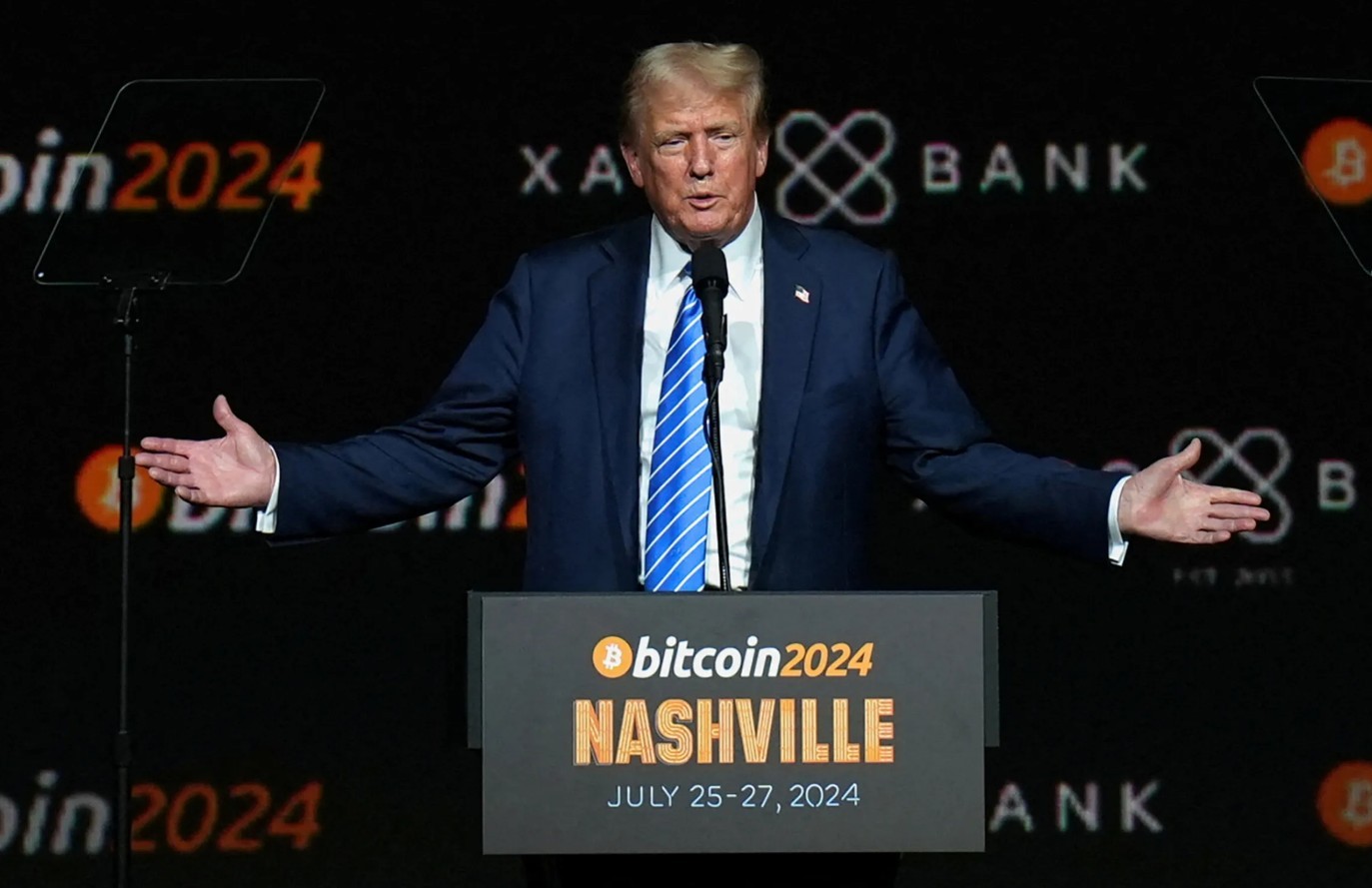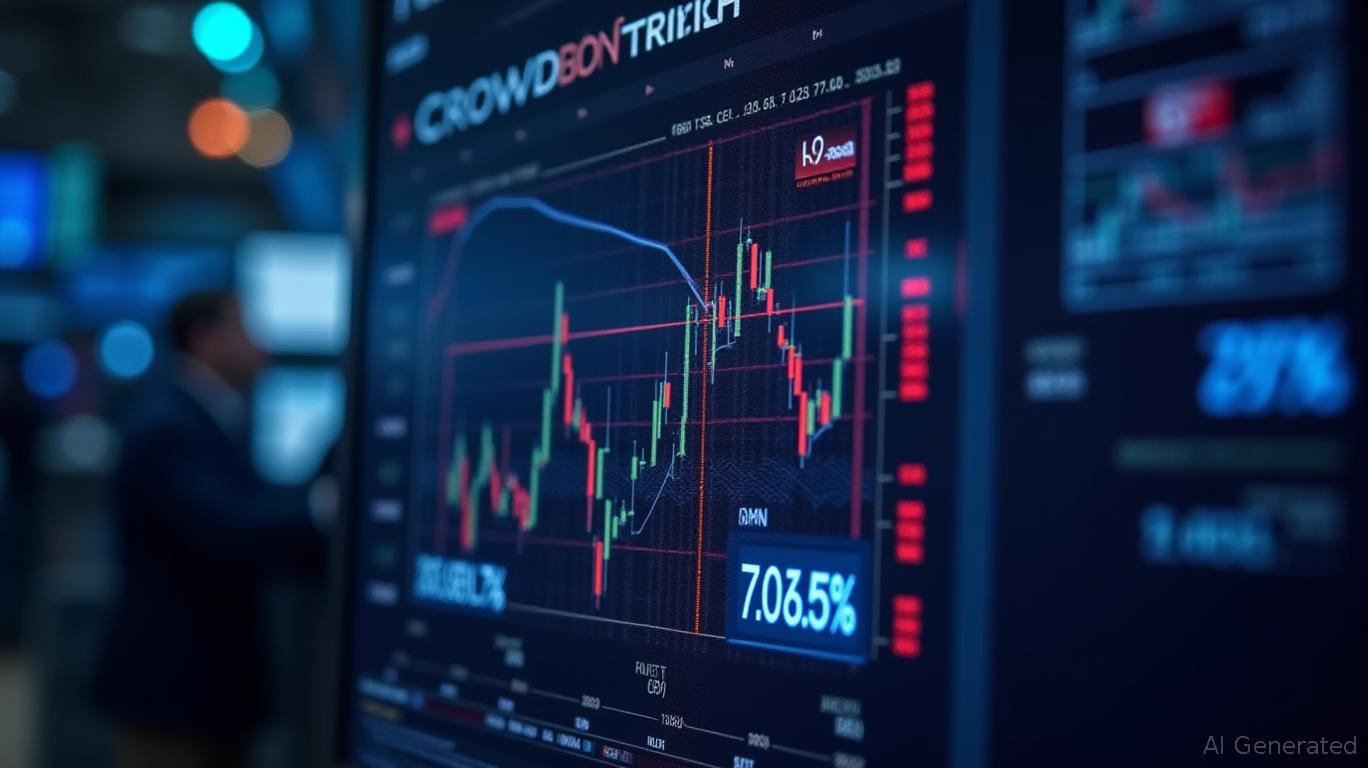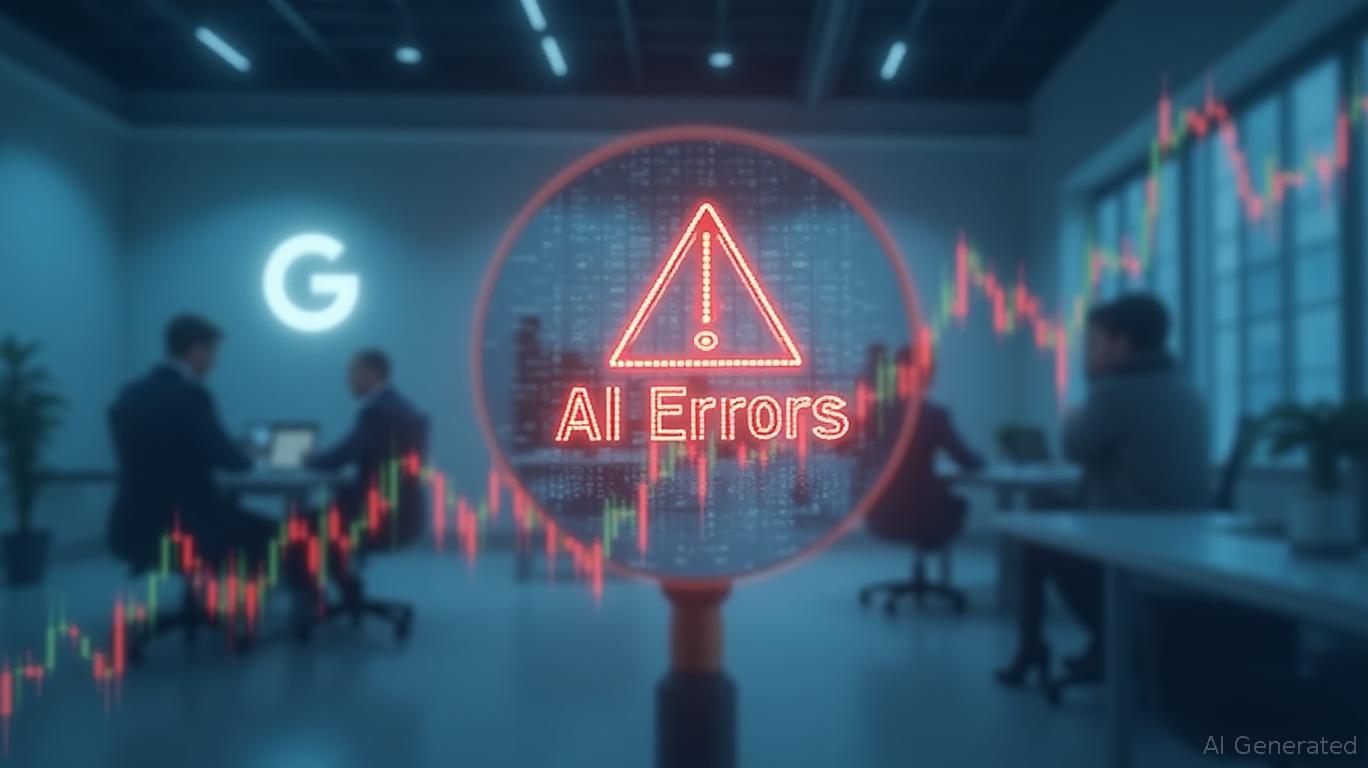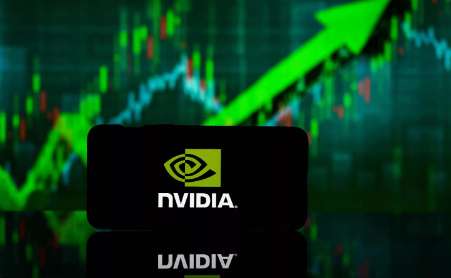The DeepMind Dilemma: Unionization and Ethical AI Threaten Google's Bottom Line
The unionization of 300 google DeepMind employees in the UK, as reported by the Financial Times, marks a pivotal moment in the tech industry’s struggle to balance profit and ethics. These workers are demanding an end to AI contracts with Israeli defense entities, citing violations of Google’s own AI Principles. The move underscores a growing wave of worker-led activism in tech, with profound implications for Alphabet’s (GOOGL) reputation, regulatory risks, and long-term investment appeal.

The Root of the Conflict: Project Nimbus and Beyond
At the heart of the dispute is Project Nimbus, a $1.2 billion U.S.-Israel partnership granting Israeli government entities—including the military—access to Google’s cloud infrastructure and AI tools. Employees argue this enables surveillance and targeting in Gaza, violating Google’s pledge to avoid technologies that “cause harm or contribute to weaponry.” A leaked May 2025 letter signed by nearly 200 DeepMind staff demands an internal governance body to block such contracts, while citing reports that Israeli weapons firms are legally required to use Google Cloud.
Google defends its stance, claiming the contracts are limited to “non-military workloads.” However, internal documents reveal the Israeli Ministry of Defense sought to expand AI access for tasks like “automating military workflows,” raising red flags about compliance.
The Human Cost of Ethical Standoffs
The protests are not new. In 2023, Google fired 28 employees over demonstrations against Project Nimbus, a move critics called a chilling precedent. By early 2025, over 50 workers were dismissed after sit-ins at global offices, making it one of the largest mass dismissals in tech history. These actions highlight the high stakes: DeepMind’s autonomy, once protected under its 2014 acquisition terms, has eroded as it merged with Google Brain in 2023, aligning its AI with broader corporate priorities.
Why This Matters for Investors
The unionization and protests pose three key risks to Alphabet’s valuation:
Reputational Damage:
Google’s “Don’t Be Evil” ethos is under siege. Acould reveal dips during periods of public outcry, signaling investor sensitivity to ethical controversies.GOOGL Closing PriceRegulatory Scrutiny:
The European Union’s AI Act (2025) bans “high-risk” military uses of AI, while U.S. lawmakers are probing tech ties to conflict zones. Non-compliance could trigger fines or contractual penalties.Talent Drain and Innovation Costs:
DeepMind’s appeal as a top AI lab hinges on its ethical credibility. A might show rising attrition among engineers prioritizing social impact.
Broader Industry Trends
The DeepMind saga reflects a broader shift: tech workers are increasingly vocal about ESG (Environmental, Social, Governance) issues. In 2024, Amazon employees protested its Pentagon cloud contracts, while Microsoft faced backlash over AI sales to authoritarian regimes. For investors, this signals a need to scrutinize companies’ AI governance frameworks and stakeholder engagement strategies.
Conclusion: Balancing Profit and Principle
Alphabet’s valuation hinges on its ability to navigate this ethical minefield. While Project Nimbus generates revenue, the reputational and legal risks could outweigh gains. As of June 2025, Google’s cloud division accounts for $25 billion in annual revenue, with Project Nimbus contributing significantly. However, a may show stagnation amid rising controversies.
If DeepMind’s union succeeds in curbing military AI contracts, Alphabet could lose key partnerships but gain long-term goodwill. Conversely, continued resistance risks lawsuits, talent exodus, and investor skepticism. For now, the market appears divided: Alphabet’s stock has dipped 12% since May 2025 amid union news, but remains buoyed by core advertising revenues.
The DeepMind dilemma is a microcosm of tech’s existential challenge: can companies profit from AI without compromising ethical values? The answer will define not only Alphabet’s trajectory but the future of responsible innovation.
Avi Salzman is a technology analyst specializing in AI ethics and corporate governance. His work bridges financial analysis with societal impact, providing investors with foresight into tech’s evolving landscape.










